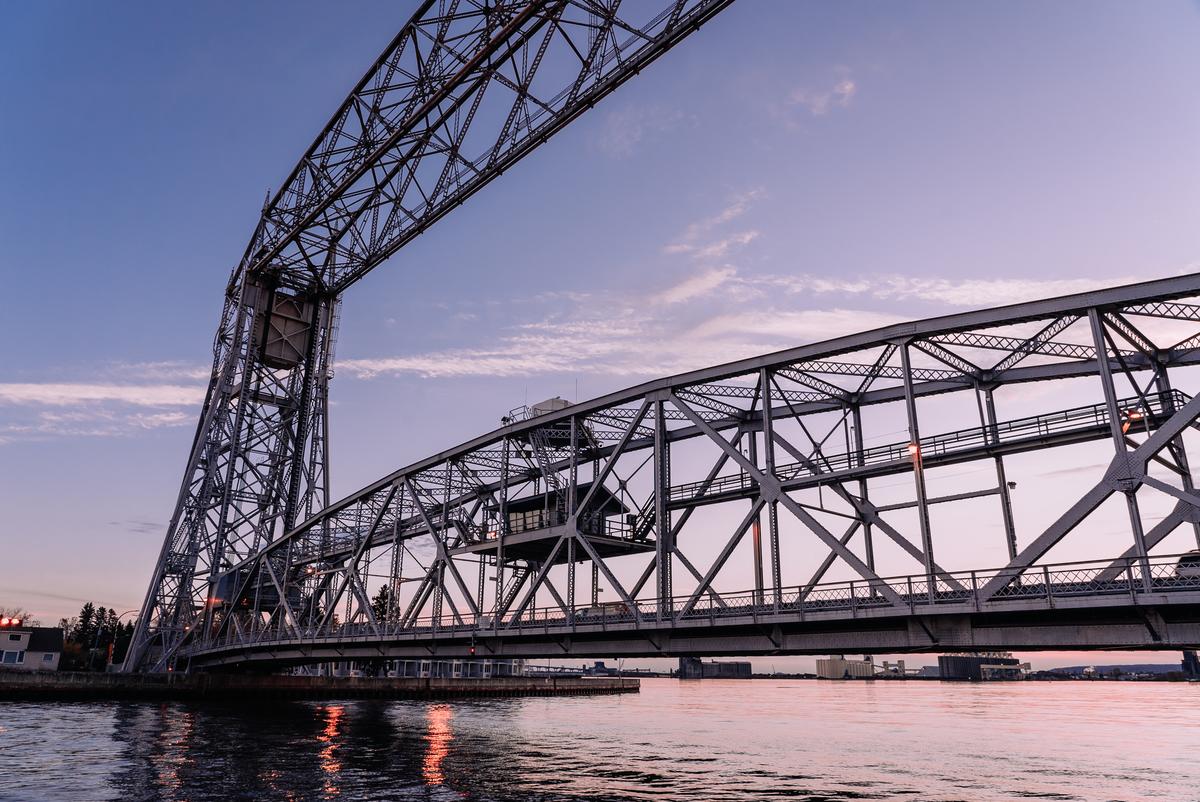ST. PAUL and DULUTH, Minn. — Minnesota Sea Grant invites proposals for its 2026-2028 biennial research competition designed to support innovative research that will benefit Minnesota’s coastal communities and resources.
MNSG anticipates providing $800,000 to fund four to six two-year research projects at a maximum of $100,000 per year. Projects are expected to run from February 1, 2026, to January 31, 2028, and should be based in Minnesota.
MNSG encourages proposals that clearly demonstrate value to Minnesota's coastal stakeholders, including the public, educators, community organizations, industry, businesses, policymakers, agencies and resource managers and state, county, and municipal governments.
Proposed projects should align with one or more of the goals, actions, and/or outcomes that are outlined in MNSG’s 2024-2027 Strategic Plan.
Research priorities for this funding cycle were developed through MNSG’s strategic planning process, input by MNSG staff and advisory board, and needs of partner organizations. Proposals not related to these priorities but aligned with MNSG’s 2024-2027 Strategic Plan may be considered for funding. Applicants are advised to review the proposal evaluation criteria early in the process.
Preproposals are due January 31, 2025, by 12 p.m. CT and must be submitted via eSeaGrant. MNSG will provide feedback on preproposals by mid-February 2025. Teams who submit preproposals will be eligible to submit full proposals. Full proposals will be due to eSeaGrant by April 21, 2025, by 5 p.m. CT. Award notifications will be sent to investigators by August 2025.
Applicants are encouraged to read MNSG’s 2026-2028 Biennial Request for Proposals and attend an informational webinar on December 5, 2024 or January 7, 2025 to learn more.
ADDITIONAL INFORMATION
Minnesota Sea Grant is a systemwide program of the University of Minnesota and one of 34 Sea Grant federal-university partnerships across the country that bring applied water science to communities. MNSG has staff and offices on the Duluth and St. Paul campuses. Our extension educators, researchers, and communicators work with community members, local decision-makers, policy leaders, and personnel from resource agencies, business, and industry to enhance the use and conservation of Great Lakes and Minnesota’s inland water resources to create strong and sustainable economies, healthy environments, and resilient and inclusive communities.
CONTACTS:
Alex Frie, research and fellowship coordinator, Minnesota Sea Grant, University of Minnesota, and University of Minnesota Duluth, afrie@umn.edu
Marie Thoms, communications director, Minnesota Sea Grant, University of Minnesota, and University of Minnesota Duluth, methoms@d.umn.edu
